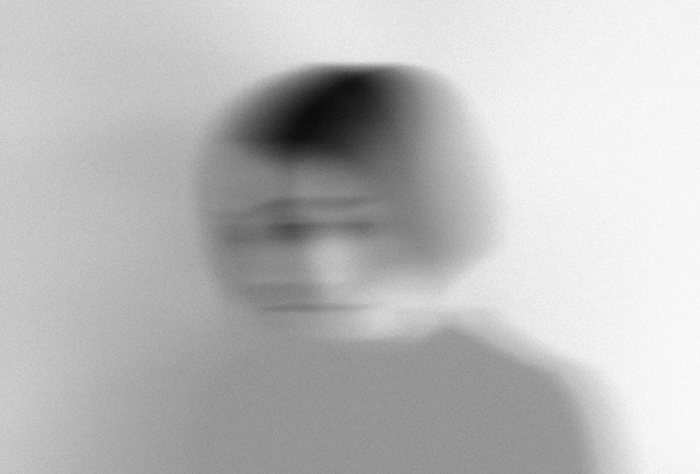4 signs you might be suffering from orthorexia nervosa
A few years back I wanted to “get healthy” and lose my baby weight. I knew I didn’t want to fad-diet-my-way to a slimmer body because that had previously been unsustainable for me, so I was looking for something different.
This was when I discovered “wellness”, which sucked me in with the idea that I just had to eat well to achieve optimum health. I jumped on the “clean eating” bandwagon and congratulated myself for focusing on my health rather than weight loss.
I didn’t realise it at the time, but this had me diving head first into a total preoccupation with healthy eating, which slowly morphed into full blown orthorexia.
Despite orthorexia not yet being an officially recognised eating disorder, there are several healthcare professionals who believe it should be. Having spent 3 years in its clutches, I now see how “healthy eating” can be taken too far into something that becomes an obsession.
Here are four signs that your clean eating might turn into orthorexia (and four things I wish I’d realised sooner than I did).
#1 Unnecessary food restriction
I cut lots of food from my life. At one point I was gluten-free, dairy-free, soy-free and almost-vegan. As you can imagine, there’s not much left to eat aside from vegetables (even fruit was demonised for its sugar content). I didn’t have allergies or any other sensible reason to cut food, I was just following the many influencers who criticised certain food groups. It was very “all or nothing” thinking.
#2 Getting upset when food rules are broken
I would be distraught if I ate too much sugar, or accidentally ate something with dairy. I spent hours reading the back of food labels whilst I tried to eat perfectly all the time. Any minor blip and I would berate myself and promise to be better tomorrow. It was a very stressful way to live!
#3 Obsession with food labels
I get it — some food is more nutrient-dense than others. And yes, it’s probably not good for your teeth to eat too much sugar. But there’s definitely a point at which reading food labels becomes extreme. I had two mantras: “no nasty chemicals” and “no unpronounceable ingredients” which both become farcical when you look at the chemical composition of a blueberry (spoiler: blueberries are filled with E numbers and unpronounceable words).
#4 Missing out on social events
I missed many social events that revolved around food. At first I would call ahead to restaurants to check their ingredient policy, then I would claim allergies so I could eat gluten- and dairy-free. I never quite went to the extent of bringing my own tupperware full of food. But sometimes — to avoid embarrassment — I just said I was busy, or I would arrive after the food.
The bottom line is, I’ve discovered that the lines between a health-kick, disordered eating and orthorexia are quite blurred. A lot of the behaviours I engaged in (like food restriction, and obsessively reading the labels on food) were positively praised. People marvelled at how disciplined I was about food. Disciplined? Or obsessed and hiding an eating disorder? I see it now, but I didn’t at the time.
The most liberating thing has been to find, and then teach, food freedom. To eat without restriction whilst focusing on both the nourishment and the joy and satisfaction of food. Yes that means sometimes eating salads and stir-fries, but it also means sometimes eating burgers, french fries and ice-cream (with no guilt or shame).

